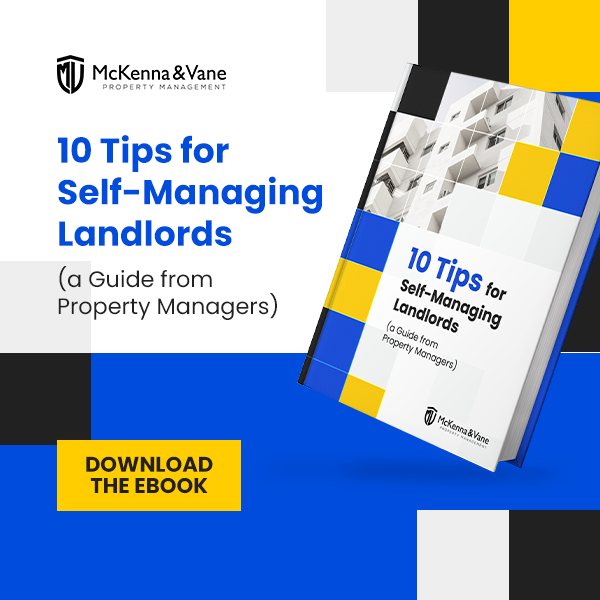Everything You Need to Know About Water Damage in Your Rental Property
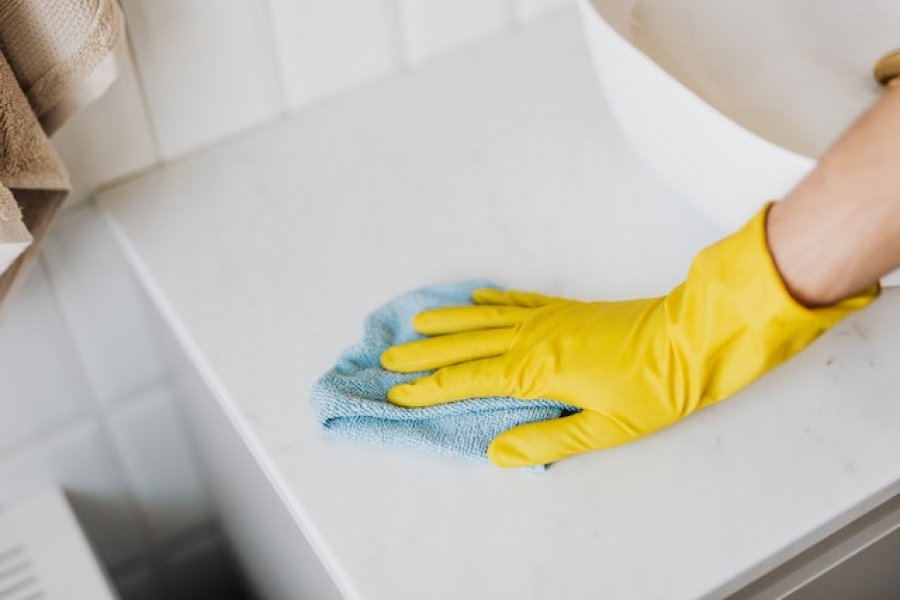
Water damage can end up causing massive damage to your property, especially to your floors, furniture, and drywall. The damages can go far beyond normal wear and tear. In fact, water damage in the U.S. amounts to billions in repair costs.
To prevent high repair expenses, here are the best ways to avoid water damage in your rental home.
What are the Possible Causes Behind Water Damage?
Common culprits behind water damage are traced to plumbing and weather issues. Time is crucial when it comes to water damage in order to minimize destruction. Locate the leak by tracing the water to its origin. A recommended solution is to get in touch with a licensed plumber to find and resolve the issue.
Typical Causes of Water Damage:
● A malfunctioning toilet
● A malfunctioning appliance
● Supply hoses on your washing machine that need replacement (generally every 7 to 8 years)
● Pipes with water build-up
● Gutters that are clogged and need maintenance
● Pipes that have leaked or burst
● Corrosion on pipes
● Tree roots attaching to pipes
● Built up pressure caused by blocked trash disposal
● Sewage backups
● Rodents damaging PEX for water
Typical Signs of Water Damage:
● Appearance of mold or mildew in bathrooms and kitchens even after cleanup
● Stains spotted on ceilings can be the result of water leakage
● Bubbling paint and walls containing cracks
● Pooling of water on the floor
● Noticing dry rot in the wooden areas of your home
● A spike in water bill cost
How to Prevent Water Damage?
As a landlord, you can install safeguards against water damage in your rental unit. Here are effective ways to mitigate the risk of water damage and keep your maintenance expenses down:
Conduct a Gutter Inspection
If left untreated, a gutter with debris can be the source of water leaks. A blocked gutter can result in a redirection of the water, leading to recurring leaks.
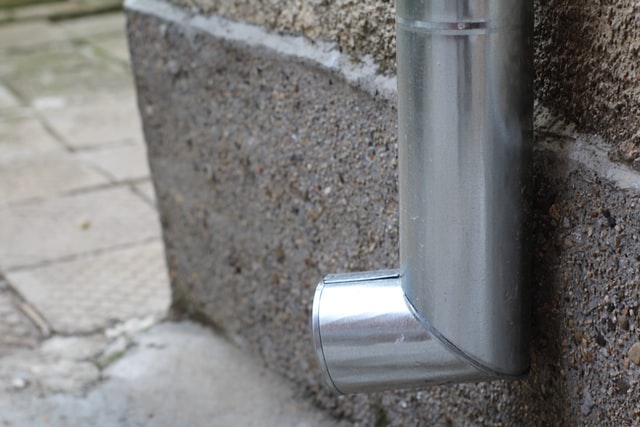
It’s vital to schedule a gutter clean-up a few times a year, especially after a storm or during the autumn season when leaves and branches can fall into your gutters, clogging them.
If you can adjust your gutters’ angles, position them downward so water is kept away from your rental home rather than being absorbed by the foundations of your unit.
Check on Your Downspouts
If you can position your gutter downspouts a reasonable distance away from your property, then this is ideal. To keep water from collecting, installing the downspouts far away is advisable to reduce floods.
Inspect the downspouts for any damage, and have them replaced or fixed if needed.
Grade the Yard
During a torrential downpour, you may notice that water can quickly accumulate when the ground is level. This creates more risk on your property. Natural sloping lots can drain the extra water effectively.
Inspect Exterior Drains
Routinely check your drains outside and remove debris and blockages to maximize efficient water flow drainage.
Get a Roof Inspection
Roofs are often the last to be noticed in terms of water damage unless there are visible water stains.
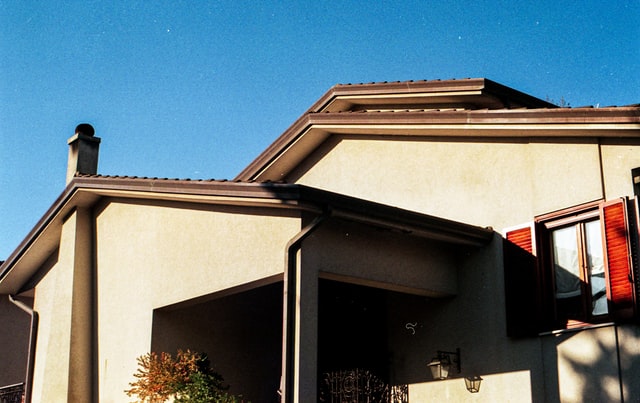
An annual roof inspection is a good practice to check if repairs are required on your roof, preventing excess water from leaking into your structure. This is especially important if you live in a four-season climate.
Properly Seal the Windows
If you spot cracks in your windows, have them repaired right away. Unsealed windows mean water can easily come into your home when it rains.
Check on Your Sump Pump
Make sure that your sump pump is functional since its purpose is to get rid of water that has pooled in the basement area. It’s also a good practice to inspect for damages since a broken sump pump may not prevent dampness in your basement area.
Be Wary of Wall Cracks
If the cracks are wide, then water can seep easily affecting your foundation. You need to address cracks in your inner and outer walls. You must steer clear of compromised structural integrity since this places the residents’ lives at risk and can also be costly to repair.
Check for Flooding Around Perimeter Walls and Drains
Water pooling around your exterior walls negatively impacts your foundation. It’s best to contact a professional to resolve the issue and seal the walls properly to prevent weakening the structural integrity of your property.
Ensure to Dispose of Your Cooking Fats Properly
It’s no surprise that cooled cooking oils will harden. Pouring them down the kitchen drainage can lead to a clogged pipe. Instead, store your fats, oils, and grease in a separate container. You can place them in the trash bin when they have solidified.
Something as simple as properly disposing of your cooking fats can save your pipes!
Remove Blockages from Floor Drains
In your bathrooms, dirt and hair can quickly accumulate. It’s vital to clean out your drain at least weekly to lessen the risk of water flooding your home, as a result of the drains getting blocked.
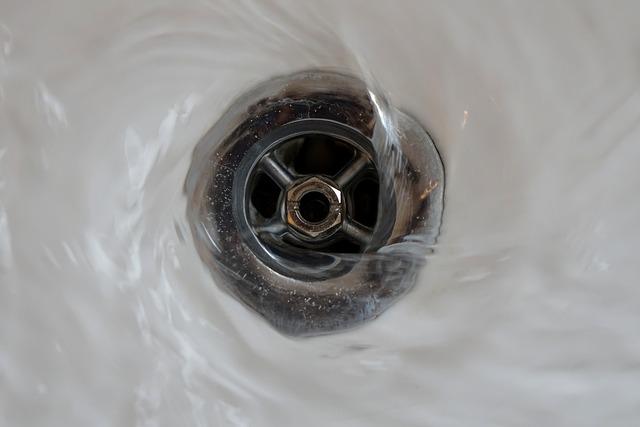
This is an easy practice to perform to reduce the high cost of repairing water damage.
Encourage Tenants to Report Property Issues
Having the full support of your tenants makes property maintenance easy. Provide them with the necessary contact information so that they can report water damage issues immediately. You can also ask them to inform you if their water utility bill reflects sudden increases.
Tell them that letting you know about leaking faucets or mold problems will be welcomed, so the issue is fixed right away. Of course, you could always enlist the expertise of a property management company, ensuring that all of your property’s and tenants’ needs are taken care of.
Be Watchful in the Winter Season
Frozen pipes are a common problem in the winter. As a landlord, it’s important to be proactive in order to prevent burst pipes. Insulate your pipes properly since the perils of a burst pipe can be more financially stressful than performing pipe insulation itself.
Collect Renters Insurance
If your current insurance policy covers little in water damage problems, then it’s recommended to require your tenants to have their own renters insurance. This also reduces the repair cost expenses of your tenants if they accidentally flood the property.
Bottom line
Try these tips to keep up the great state of your rental and reduce the risks coming from water damage. For all your property management needs, contact us at 410-381-3336.
